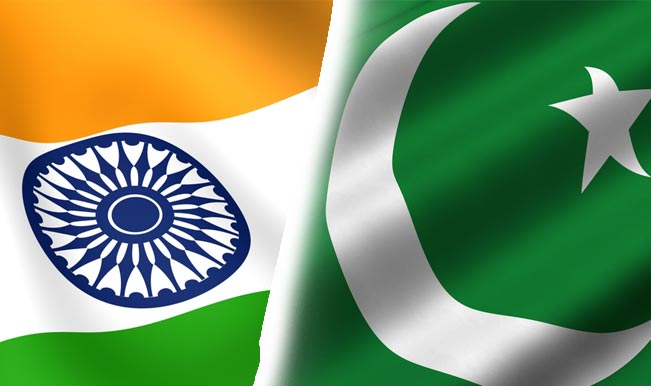China has vowed to support its “all-weather strategic partner” Pakistan in safeguarding national sovereignty and territorial integrity even as India recently reaffirmed its resolve to take back its areas illegally occupied by its western neighbour.
Chinese President Xi Jinping hosted Pakistani Prime Minister Shehbaz Sharif in Beijing on Wednesday. They agreed to ‘advance’ with “greater efficiency” the China-Pakistan Economic Corridor (CPEC), which, according to New Delhi, undermined the sovereignty of India.
Xi also assured Sharif of all assistance from China to help Pakistan “stabilise its financial situation” as well as of providing “additional emergency relief” to support reconstruction efforts in the areas hit by the recent devastating floods.
“China will continue to firmly support Pakistan in safeguarding its sovereignty, territorial integrity, development interests and dignity, and in achieving unity, stability, development and prosperity,” Xi told Sharif, according to the Ministry of Foreign Affairs of the Chinese Government. Beijing reassured Islamabad less than a week after New Delhi invoked the resolution adopted in Lok Sabha and Rajya Sabha on February 22, 1994. The resolution had reaffirmed that the entire Union Territories of Jammu and Kashmir (J&K) and Ladakh had been, were and would remain an integral part of India.
Defence Minister Rajnath Singh on October 27 said that India’s journey of development would not be complete without reaching India’s territories illegally occupied by Pakistan, including Gilgit and Baltistan. His comment was seen as a reaffirmation of New Delhi’s resolve to wrest back the control of India’s territories under occupation of Pakistan.
After Prime Minister Narendra Modi’s government in August 2019 initiated the process to strip J&K of its special status and to reorganize the erstwhile state into two Union Territories, China had joined Pakistan to oppose New Delhi’s move and run an international campaign against India. China also stepped up its aggression along the disputed boundary with India in eastern Ladakh in April-May 2020, resulting in a military stand-off, which has not been fully resolved yet.
Xi on Wednesday expressed “great concerns” over the safety of China’s citizens in Pakistan. He asked Sharif to ensure security of China’s entities and individuals living and engaged in cooperation projects in Pakistan.
Three Chinese working at the Confucius Institute of the Karachi University in Pakistan had been killed in a suicide bombing carried out by the Baloch Liberation Army (BLA) on April 26. A citizen of China had been shot dead and two others were injured in Karachi on September 28. The BLA has been opposing the CPEC and the other development projects funded by China in Pakistan, anticipating that they have all been designed to exploit the natural resources of Balochistan without any benefit for the local indigenous people, who could be further marginalized.
Xi and Sharif, however, on Wednesday agreed to turn the CPEC into an example of “high-quality” development cooperation between China and Pakistan under the Belt and Road Initiative, which the Chinese President launched a few years back, but triggered controversy due to predatory lending practices and debt-trap diplomacy by the government of the Communist country.
India has been opposed to the CPEC, a flagship project of the BRI, as it passes through its territories illegally occupied by Pakistan. Just a day before the Xi-Sharif meeting, External Affairs Minister S Jaishankar on Wednesday tacitly reiterated New Delhi’s concerns, stating that connectivity projects should be carried out respecting the sovereignty of the nations.
India also stayed away from the BRI perceived as China’s bid to expand its geostrategic influence.
Xi and Sharif on Wednesday agreed to accelerate the construction of auxiliary infrastructure for the Gwadar Port, which China built in Pakistan as a dual asset for its power projection in the region.

